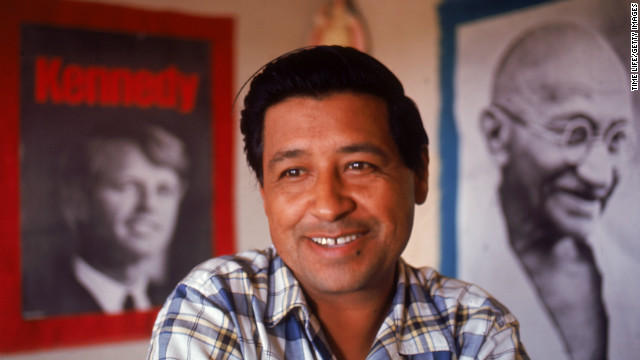
“…it was a sellout. It was a takeover. … They controlled it so tight, they told those Negroes what time to hit town, where to stop, what signs to carry, what song to sing, what speech they could make, and what speech they couldn’t make, and then told them to get out of town by sundown…” -Malcolm X (Zinn, Ch 17)
The 1950’s & 1960’s were a period of time in the United States that was plagued with racial unrest that resulted in many civil rights demonstrations, some peaceful, others not so much. The black community was struggling with deciding what they should do to confront the people that were destroying their lives; they wanted an end to segregation in public schools, the passage of a meaningful civil rights legislation, they wanted equality, and this was when the ideas of influential leaders such as Malcolm X and Martin Luther King arose. These two men were both highly respected within the black communities, but they had a difference in opinions regarding how confrontational their demonstrations should be. Malcolm X was a more radical activist; he brought forth anger and the idea of black power in order to motivate blacks to become involved in their own process of liberation. He had a confrontational attitude towards slavery, his ideas spoke to young people, and he (to some extent) promoted the idea of defending oneself with violence.
This idea that Malcolm X was promoting scared many whites, which is mentioned in Zinn’s text. During the March on Washington of 1963, many whites, including those in the White House, feared that violence would arise. President Kennedy originally opposed the March because he felt that if things got out of control, the legislature would vote against the civil rights laws that he was backing. So when he couldn’t stop the march, he decided to join it. His involvement led the Kennedy administration to be accused of being too involved. As Malcolm X says in the quite above, the administration went from opposing the march to almost controlling it totally. They decided what was going to be said, where it was going to be said, and who was going to say it. In a fight for freedom from the oppression by whites, the blacks were still being told how to fight, when to fight and who could do the fighting. With this help from the Kennedy administration the March paved the way for an end to segregationist laws, but to what extent should the federal government have taken precautions when it came to this demonstration? Were these political leaders trying to help the movement, or were they just taking on the role of “puppet masters” just as they have throughout history up on to this point?



